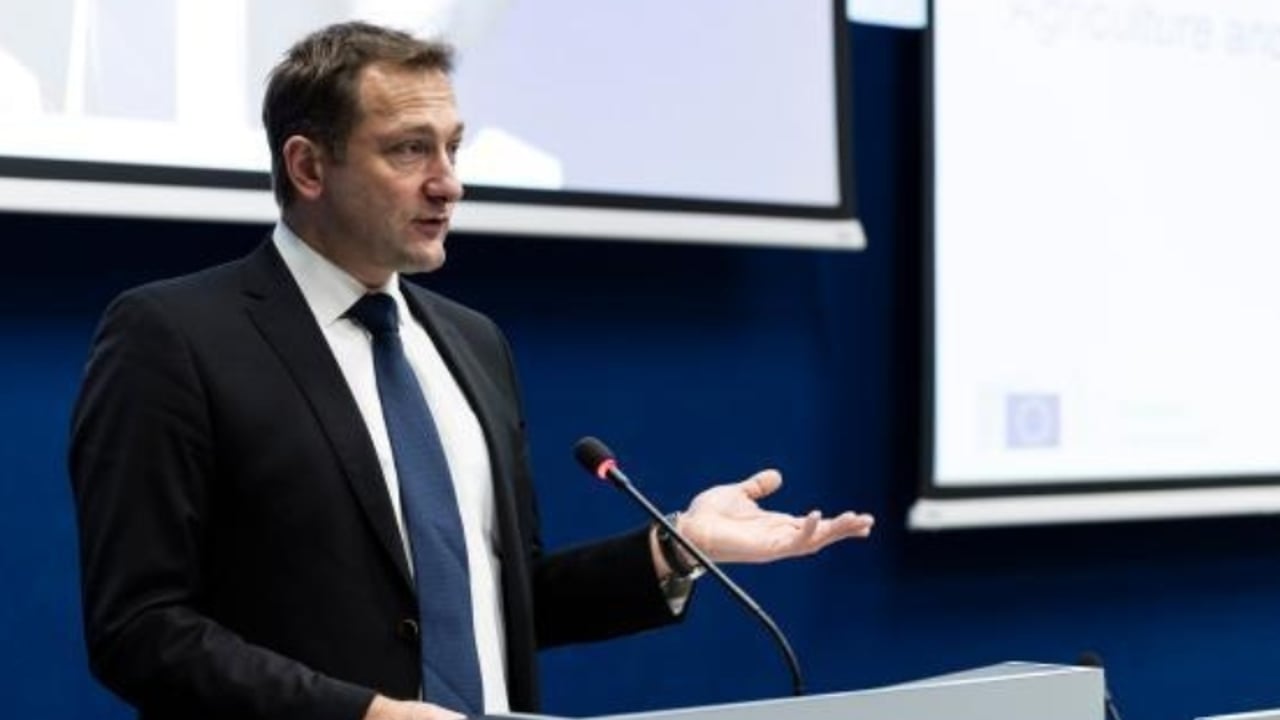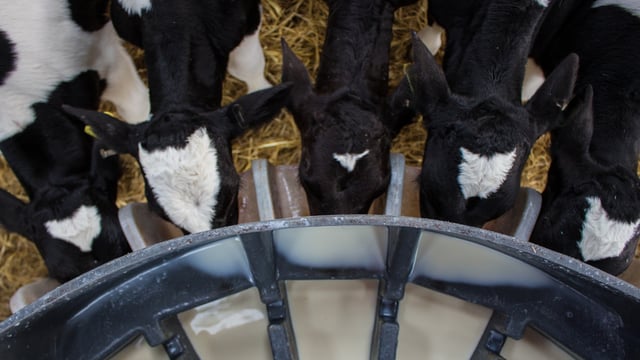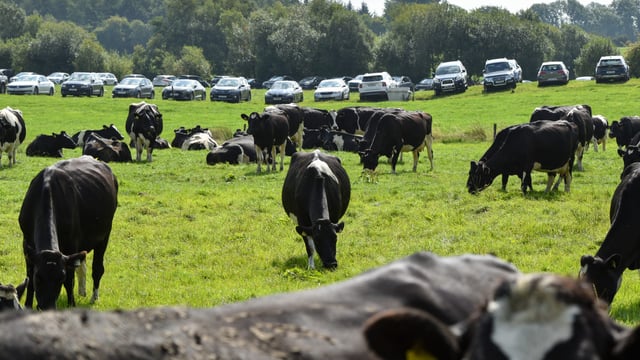Hansen: Simplification reform needed 'well ahead' of next elections
EU Commissioner for Agriculture and Food, Christophe Hansen has urged that a reform on simplification for farmers is completed "well ahead" of the next European elections.
The issue of immense paperwork and the need for simplification was raised many times during the commissioner's visit to Ireland, and addressed further at a meeting of the EU Committee on Agricultural and Rural Development.
Commissioner Hansen said that there was a simplification process introduced following farmer protests last year, but that it was "rushed" and "there is more that could be done".
The commissioner said that as soon as a process is introduced, it will give appropriate time to national administrations to provide conditions needed for national requirements.
"To change everything completely all over, to plough everything around just to make sure we did it differently than last time, that is not helpful.
"We have to have a look at what is currently working, and keep that, and change those elements that are not working," Commissioner Hansen said.
Commissioner Hansen added that this approach will add "simplification" and "stability" to the next common agricultural policy (CAP).
"Without this stability, nobody will go into this job and then we have the issue of generational renewal," the commissioner told the meeting.
On the issue of succession, Fianna Fáil MEP for the Midlands North-West, Barry Cowen called on the commissioner to "push" the link between generational renewal, sustainable farming and new innovations in agriculture.
"That should be achieved through enhanced support schemes that provide greater financial incentives for farmers who adopt new and innovative technologies that boost sustainability and drive European agriculture forward.
"Doing so lays the foundation for a new generation of farmers. Equipping them with the resources they need to modernise farms, embrace cutting edge technologies that contribute to sustainable food systems," Cowen said.
He called on the commissioner to introduce a "robust" carbon and nature credit market, to ensure eco-friendly farming delivers "real economic value" for farmers.





